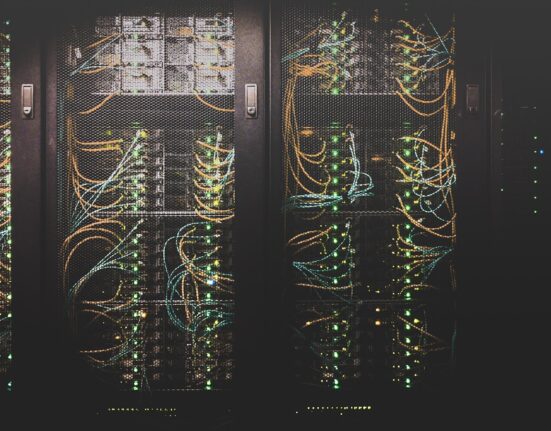Anthropic has officially launched its next-generation Claude 4 model family, and it’s more than just a routine upgrade—it’s a bold step forward for AI-powered agents and coding applications. At the forefront of this new lineup are Claude Opus 4, a powerhouse model aimed at ambitious, high-performance tasks, and Claude Sonnet 4, a nimble, all-purpose AI designed to bring cutting-edge intelligence to everyday use.
Raising the Bar: Claude Opus 4
Anthropic isn’t holding back with Claude Opus 4, calling it their “most powerful model yet” and boldly declaring it the “best coding model in the world.” And the numbers appear to back up that claim. In rigorous industry benchmarks, Opus 4 hits 72.5% on SWE-bench and 43.2% on Terminal-bench, putting it ahead of the competition in software engineering tasks.
But performance isn’t just about speed—it’s about stamina. Opus 4 is built for long-duration, high-focus tasks, with the ability to sustain coherent, productive work over several hours. That kind of endurance makes it ideal for AI agents tackling complex problems that require thousands of steps and persistent reasoning.
From research and writing to scientific discovery and software engineering, Opus 4 is positioned as the go-to tool for those who need more than just quick answers—they need a reliable, intelligent partner.
Practical Powerhouse: Claude Sonnet 4
While Opus 4 takes the crown for raw strength, Claude Sonnet 4 shines as the practical, versatile model for daily use. Billed as a direct upgrade from Sonnet 3.7, Sonnet 4 is aimed at bringing “frontier performance to everyday use cases.”
The early reviews are glowing. GitHub has already named Sonnet 4 the new base model for its next-gen Copilot coding agent, citing its standout performance in agentic scenarios. That’s a major vote of confidence.
Other endorsements have followed:
- Manus notes its “clear reasoning and aesthetic outputs.”
- iGent highlights its strength in autonomous app development, codebase navigation, and error reduction—slashing navigation errors from 20% to nearly zero.
- Sourcegraph praises its “elegant code quality” and deeper problem understanding.
- Augment Code is seeing “surgical code edits” and improved task handling, adopting it as their primary model.
Dual-Speed Intelligence: Hybrid Modes
One of the most innovative features of the Claude 4 family is its hybrid operating modes. Both Opus 4 and Sonnet 4 can run in two gears:
- Instant mode for rapid-fire responses.
- Extended thinking mode for deeper, more reasoned answers—ideal for complex tasks and agentic behaviors.
This extended mode is included in Anthropic’s Pro, Max, Team, and Enterprise plans, but in a welcome move for accessibility, Sonnet 4 (including extended mode) is also available to free users.
Tools for the Builders: Developer Upgrades
Anthropic is also making major investments in its API ecosystem, launching several new tools aimed at developers creating more sophisticated and interactive AI systems:
- Code Execution Tool – Allows models to run actual code, expanding possibilities for dynamic, real-time problem solving.
- MCP Connector – A new standard for enabling seamless context exchange between AI assistants and external software.
- Files API – Lets models interact directly with files, critical for real-world applications.
- Prompt Caching – Caches prompts for up to an hour, improving speed and efficiency for repeated queries.
Real-World Performance and Broad Access
Anthropic isn’t just chasing benchmarks—they’re emphasizing real-world utility. Claude 4 models lead on SWE-bench Verified, a standard focused on actual software engineering outcomes, not just lab tests. They also deliver strong performance in reasoning, multimodal tasks, and autonomous agent operations.
Despite their capabilities, Anthropic has maintained a stable pricing model:
- Claude Opus 4: $15 per million input tokens, $75 per million output tokens.
- Claude Sonnet 4: $3 per million input tokens, $15 per million output tokens.
Both models are available through the Anthropic API, as well as Amazon Bedrock and Google Cloud’s Vertex AI, making it easy for teams worldwide to integrate them into their workflows.
Conclusion: A Serious Boost for AI Innovation
With Claude 4, Anthropic isn’t just rolling out new models—they’re redefining what’s possible in AI. From state-of-the-art coding support to robust agentic capabilities, and from individual developers to enterprise teams, the Claude 4 family is built to power the next generation of intelligent applications. Whether you’re building the future of software or just looking for smarter tools, Claude Opus 4 and Sonnet 4 are poised to change the game.










